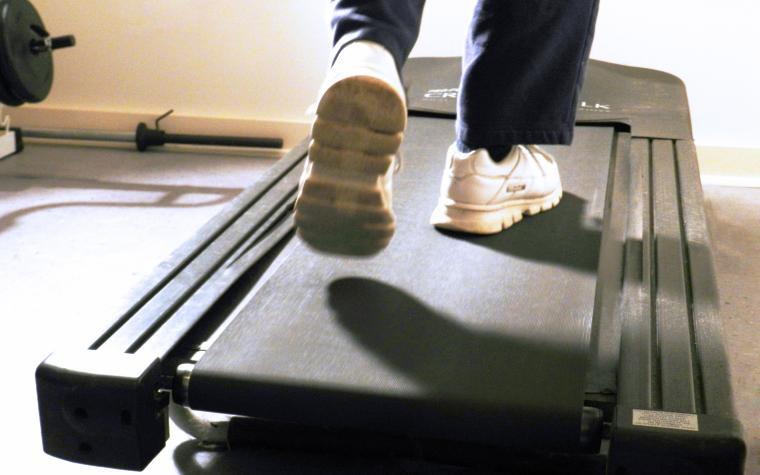LANSING, Mich. (Legal Newsline) - A woman who suffered severe friction burns after getting trapped between her treadmill and the wall has no case against the manufacturer or the contractor who installed the device, a Michigan appeals court ruled, citing both the statute of limitations and the woman’s own failure to read the instruction manual.
Maureen St. Clair sued ICON Health & Fitness XPO Logistics and CMC Logistics in federal court after she fell off the back of her ProForm Treadmill in March 2015. CMC, a subcontractor to XPO, installed the treadmill in her living room so she could watch TV but it was closer to the wall than recommended by the manufacturer. She was injured when she fell off the back and it kept running, because she wasn’t wearing her safety lanyard. She claimed ICON, the manufacturer, knew or should have known its customers used its products without reading the safety manual or wearing the safety lanyard.
St. Clair originally sued ICON and XPO, but added CMC after XTO identified it as the company that actually delivered and installed the treadmill. A federal judge dismissed the case without prejudice in December 2019, however, on diversity grounds. (The judge lacked jurisdiction because the plaintiff and CMC were from the same state, destroying diversity.)
St. Clair immediately refiled the lawsuit in state court but the defendants moved to dismiss under Michigan’s three-year statute of limitations, which expired in March 2018. The trial judge granted the dismissal on that and other grounds, and St. Clair appealed.
The Michigan Court of Appeals was unsympathetic and upheld the dismissals in a Dec. 1 decision. While state law allows courts to extend the statute of limitations when plaintiffs add an additional party to the case, the court held, that didn’t apply here because St. Clair added CMC to her federal lawsuit and filed an entirely new one in state court after the statute of limitations had expired.
The appeals court also upheld the dismissal of claims against XTO for vicarious liability for the actions of its subcontractor CMC, saying it was a one-man operation and XTO had no control over how it did business.
The appeals court rejected comparison to one of its earlier decisions holding Checker Cab Co. potentially liable because it held itself out to the public as being control of independently owned cabs bearing its name and colors. In this case, there was no evidence to back up the plaintiff’s claim the CMC contractors wore XPO uniforms and Chadwick testified they wore blue uniforms with his logo on them.
The plaintiff also argued the trial judge shouldn’t have dismissed her product liability claims against ICON. But she didn’t dispute the fact she never read the safety manual, didn’t use the safety clip, and positioned the device too close to the wall. It wasn’t foreseeable that she would do any of those things, the court concluded.
